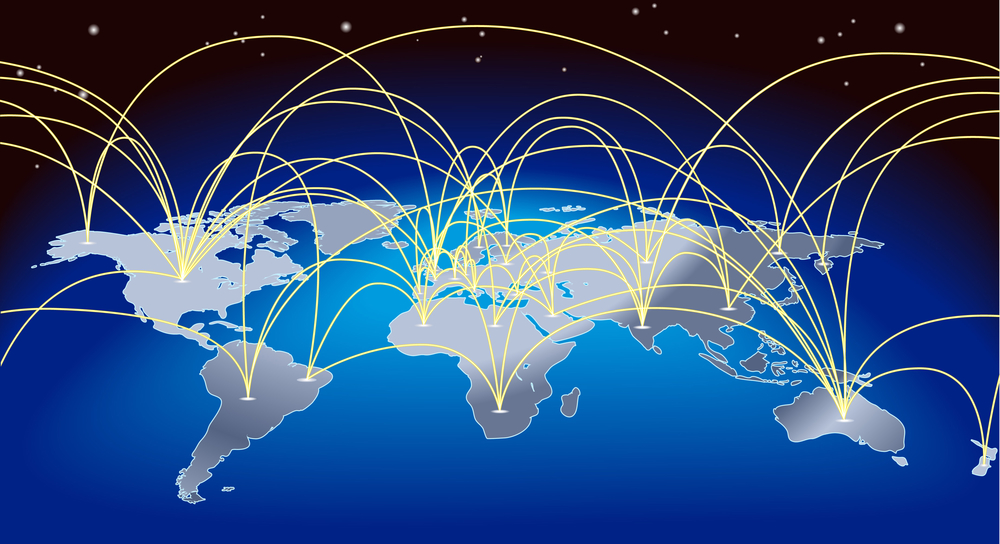Essential Strategies for Expanding Your Business Through International Trade
 A world map background with flight paths or trade routes
A world map background with flight paths or trade routes
Expanding your business through international trade presents significant growth opportunities, including access to new markets, increased revenue, and enhanced brand recognition. However, it requires careful planning and strategic execution. Here are the essential strategies for successfully entering and thriving in global markets.
1. Conduct Thorough Market Research
Understanding the target market is crucial for successful expansion. Businesses should analyze:
- Market demand for their products or services
- Consumer preferences and buying behavior
- Economic conditions and industry trends
- Potential competitors and pricing strategies
2. Develop a Comprehensive Export Strategy
An export strategy should outline goals, target countries, logistics, pricing, and risk management. Consider:
- Selecting the right products for international markets
- Identifying potential trade barriers and regulations
- Creating a competitive pricing structure
3. Understand International Trade Regulations
Each country has unique trade laws, including tariffs, taxes, import/export restrictions, and compliance requirements. Businesses must:
- Stay updated on international trade laws and agreements
- Obtain necessary licenses and certifications
- Work with legal experts to ensure regulatory compliance
4. Build Strong Logistics and Supply Chain Management
A well-structured supply chain ensures smooth operations and cost efficiency. Key considerations include:
- Choosing reliable shipping and logistics partners
- Managing inventory and distribution effectively
- Understanding customs procedures and documentation
5. Establish Strong Local Partnerships
Collaborating with local distributors, suppliers, and business partners can help navigate cultural and market differences. Businesses should:
- Build relationships with trusted partners
- Leverage local expertise for market entry and expansion
- Consider joint ventures or strategic alliances
6. Adapt Marketing and Branding for Global Audiences
Cultural differences affect consumer behavior and brand perception. Businesses should:
- Customize marketing strategies to fit local preferences
- Translate and localize content for different regions
- Utilize digital marketing to reach global audiences
7. Manage Financial Risks and Currency Exchange
International trade involves currency fluctuations, payment risks, and financial challenges. To mitigate risks:
- Use hedging strategies to protect against exchange rate volatility
- Establish secure payment methods and contracts
- Work with international banking and financial institutions
8. Utilize Government and Trade Support Programs
Many governments and trade organizations offer support for businesses entering global markets. These include:
- Export financing and grants
- Trade missions and networking opportunities
- Free trade agreements that reduce barriers
Conclusion
Expanding through international trade requires strategic planning, market research, and adaptability. By understanding regulations, optimizing logistics, and building strong partnerships, businesses can successfully navigate global markets and achieve long-term growth.







